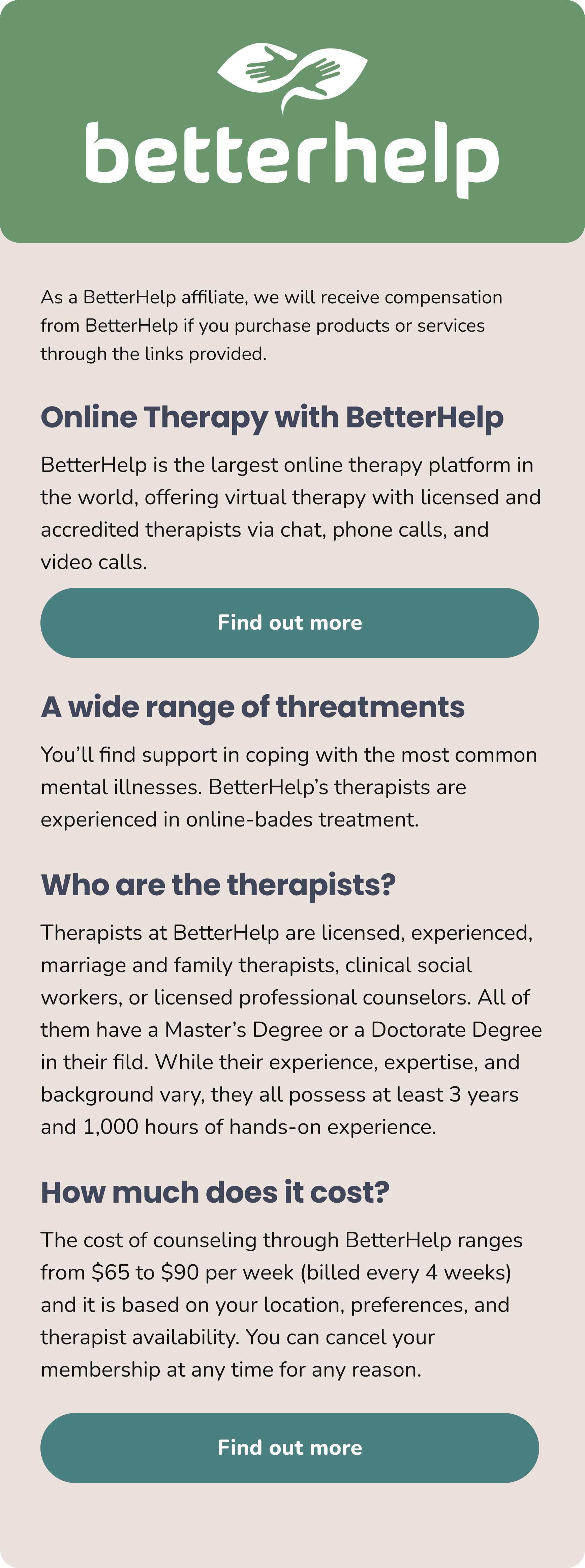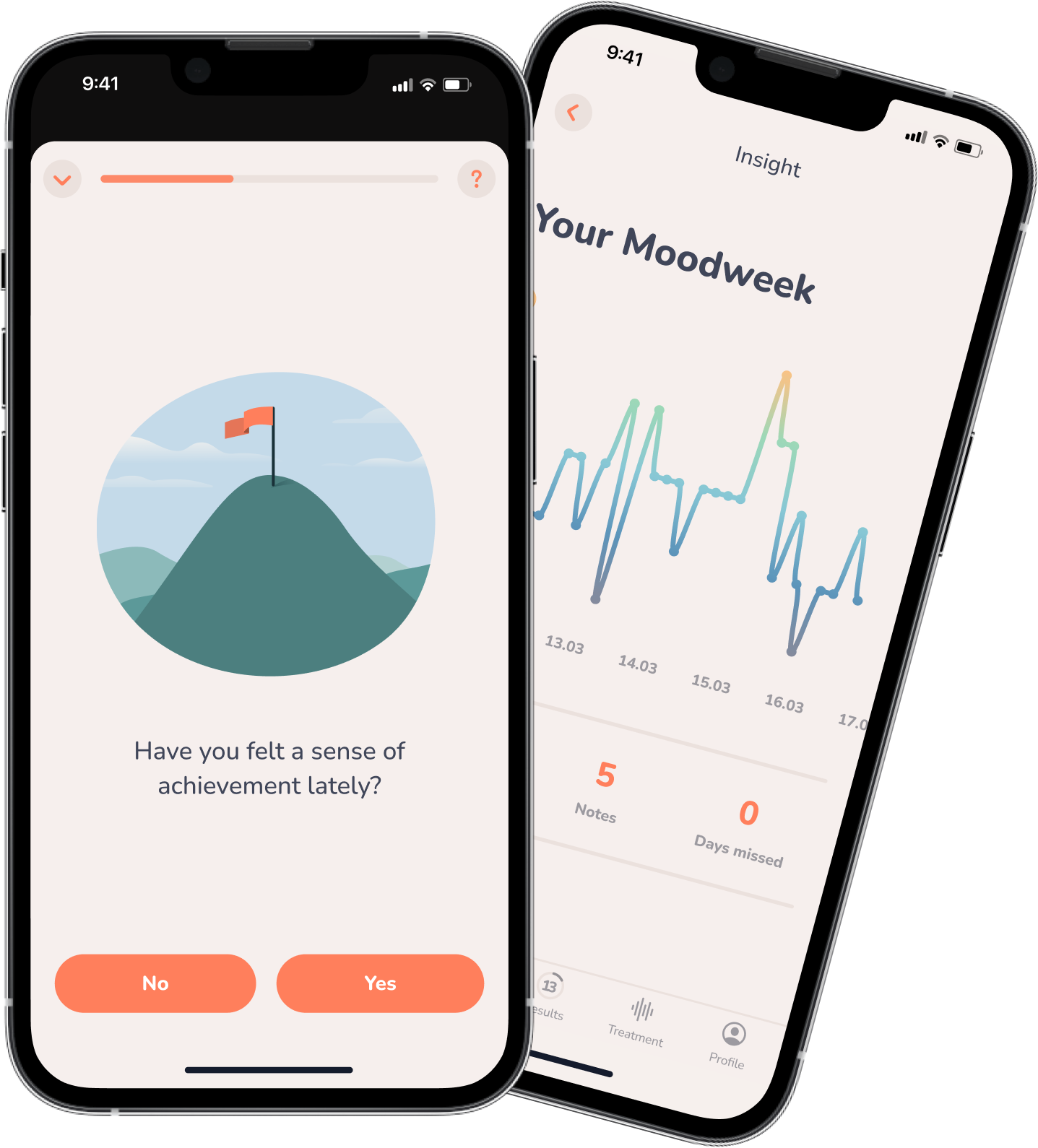Insight
Too Much Stress at Work? Be Aware of These Three Warning Signs!
A free weekend or just a single day of hard-earned relaxation can be so important to us. But are we able to relax after all the hard work? Stress at work is all too common and more and more people find it increasingly difficult to just switch off for a while and kick back.
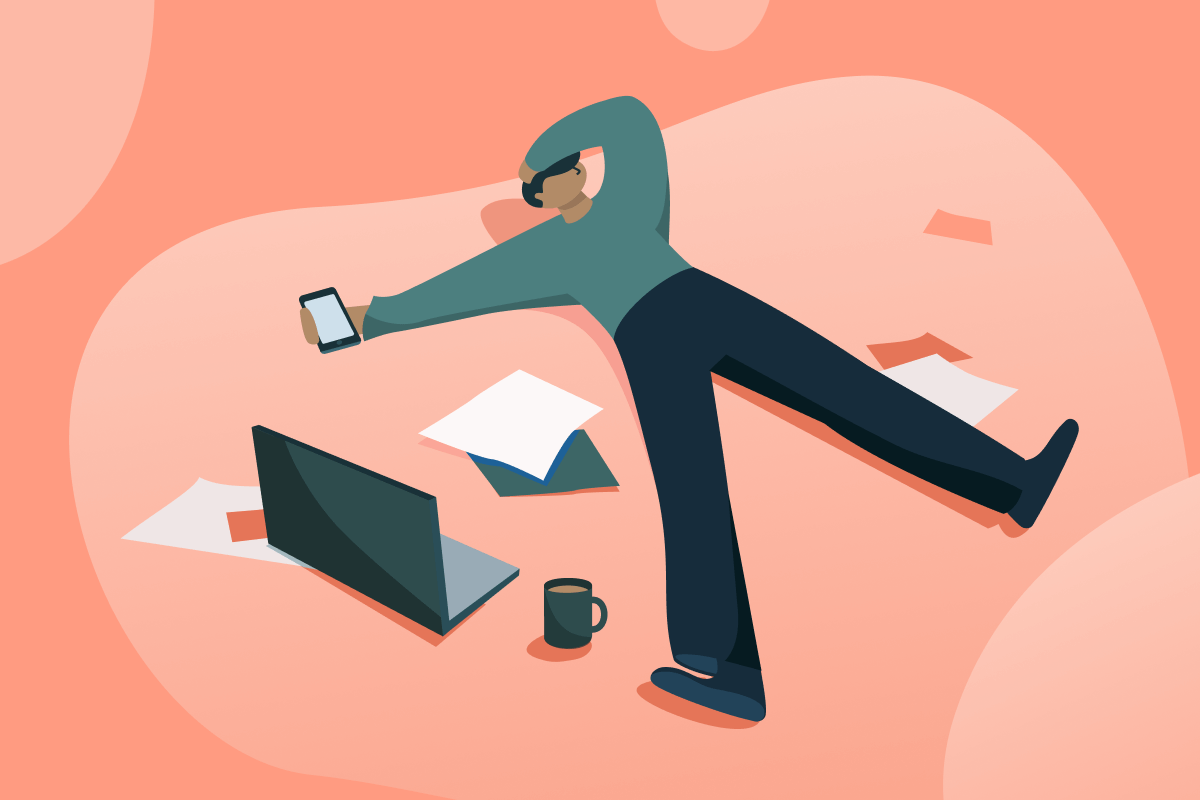
After work, you head home. It’s time to relax, but instead of enjoying your evening, you just can’t get work off your mind? The phone conference or your upcoming presentation is awaiting you tomorrow and is already consuming your thoughts. Sure, if that happens every once in a while, it’s nothing to worry about. But sometimes we feel constant inner tension from work, even to the point where we can’t get restful sleep or enjoyable relaxation anymore. Do you just feel too wound up? This may be cause for concern.
When does stress at work lead to burnout?
Stress at work is a serious issue for many of us. We can put so much pressure on ourselves, that it becomes too hard to let loose after that. It’s like we can’t find the “off” button anymore. Not being able to switch off after work can eventually lead to a burnout. Pretty much anyone who feels passionate about work and defines their self-worth by what they do could get caught up in the typical downward spiral of burnout. Being passionate about your job is a great thing! It’s when you don’t allow yourself to perform below “excellent”, or to take breaks when you actually need them, that the problems are bound to come.
Burnout’s secret weapon? It takes a while before it really hits us that we’ve already been struggling with burnout for a while. At first, we really enjoy our drive, zeal, and the fact that we’re challenging ourselves so much. We might feel almost irreplaceable in our company and performing well boosts our self-esteem. The problem is that this boost will not last very long and soon we’ll feel the symptoms of stress piling up all around us.
This article will show you three warning signs related to stress at work that you should take seriously. Are you sure that you’re not overworked?
#1 “I must please everyone at work!” (- but what about you?)
We can be so tough on ourselves. Does this sound familiar? “I have to get this done today” or “My project has to be better than this. No one will ever be completely satisfied with my work.”
Maybe you’ve already discovered that your thoughts often revolve around apparent obligations. “I must”, “I have to”, … Now’s a great time to reevaluate if that really is in line with what’s important to you. We often put ourselves under too much pressure. Instead of allowing yourself to want certain things, you may be using force by making yourself believe that you must.
More often than not, this narrative we put on our lives is accompanied by a deep fear that we simply aren’t ‘enough’, that ‘we are failing’, that we’re not meeting the supposed minimum we have set ourselves. Consequently, we’ll get caught up in rumination cycles. Thoughts about our job, even many hours after the work is done, can lay heavy on our minds and even follow us into bed, whispering in our ear. It can be hard to fall asleep or just relax when these thoughts seem to stick to your brain like superglue.
Here’s a tip to overcome this: Integrate mindfulness into your everyday life. Being mindful means, first of all, consciously perceiving one’s own thoughts and feelings. Our autopilot mode, which often determines our stressful everyday life, shouldn’t be given so many shifts. We can get back some awareness, for example, by means of meditation, or simple awareness exercises. In our MindDoc App you can find more information on how to make the first step!
#2 A good night’s sleep seems out of the question
Have you done this before? You’re already under the covers and although your eyelids begin to feel heavy you still quickly glance at your phone – and seconds later you find yourself checking your work emails and your calendar for tomorrow?
If you think about it, it seems kind of obvious: This sort of behavior reduces the chances of healthy, restful sleep. We’ll have a harder time shutting down completely. When we fall asleep with higher stress levels, we sleep worse because the brain will remain active, even during sleep. This can explain why sometimes, even after an entire night of sleep we can wake up feeling not well-rested.
This can quickly lead to a very vicious cycle: Too much stress at work and rumination makes it harder to sleep. And, in turn, with less sleep, we are more vulnerable towards the daily stress we experience. Our bodies have a harder time coping with the stress which makes it even harder to fall asleep while our stress levels start skyrocketing.
The good news: Sleep can be hacked. It is not out of your control. There are so many things we can do to improve our sleep hygiene! Check out our MindDoc App for more help on this.
#3 You avoid even your best friends
Maybe you used to get together with your friends all the time and now you stay at home, order pizza and avoid those social situations? Evenings of relaxed couch-potato-ism can do wonders every now and then. But it will become counterproductive if you withdraw yourself socially for a long period of time. Telling yourself that you are too emotionally exhausted for the presence of others, your inner voice might start saying: “I don’t want to burden my friends with my constant whining about work. I’m hard to be around lately and I don’t want to annoy anyone.” (Sidenote: You’re being too hard on yourself.) And besides, avoiding social contacts and ignoring your problems instead of working them out is not going to solve the problem and they are typical signs that stress has become a severe psychological burden.
If you can relate to this situation, your basic psychological needs might not be in balance. And when our basic psychological needs are out of whack that can have grave consequences. Check out our article on burnout to understand more about the effects of too much stress in the workplace.
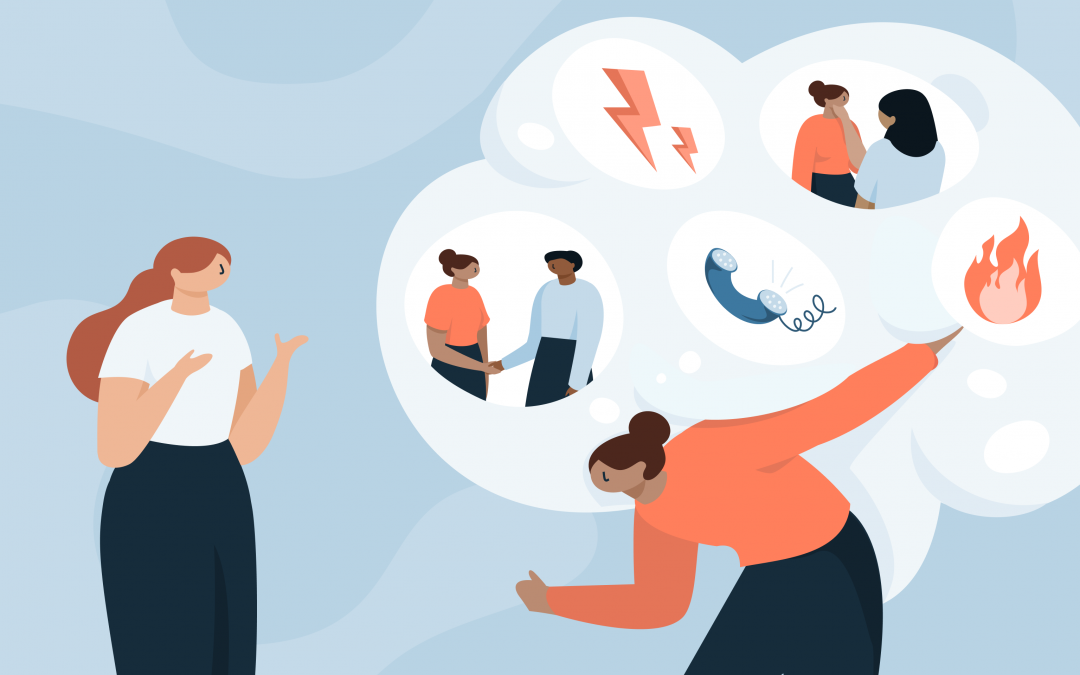
People-Pleasing — When the Fear of Rejection Becomes a Trap
Are you a person who places a high value on kindness, consideration and helpfulness? Or … maybe you tend toward what’s called “people-pleasing”?
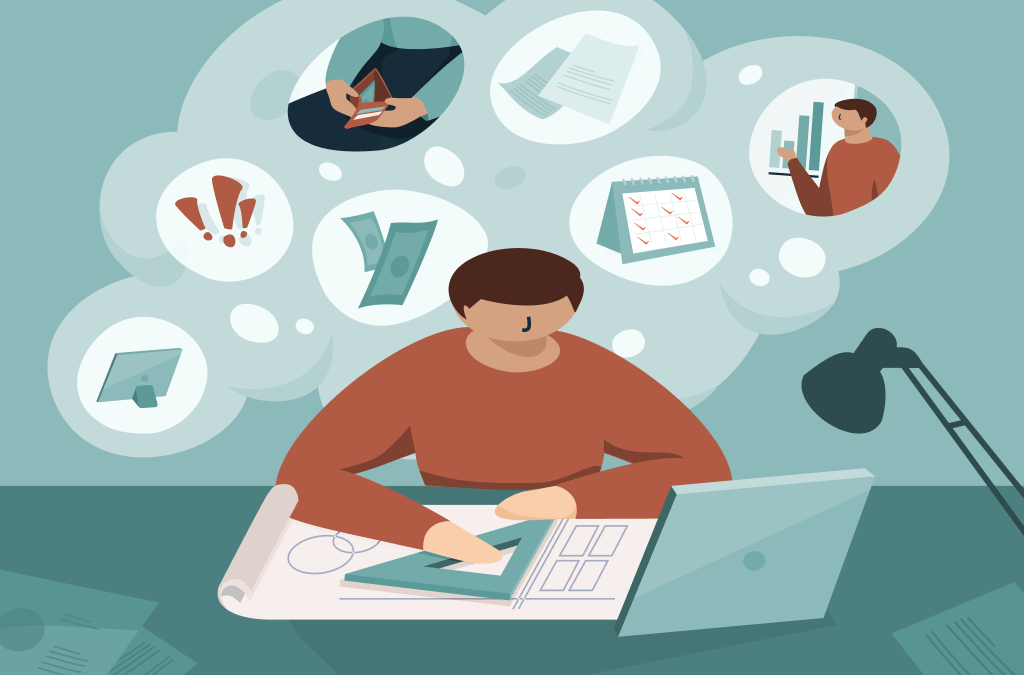
Psychological Needs in the Workplace: How to Meet Them
Deadlines, conflicts, pressure to perform—many people grapple with stressors at work. The extent to which these weigh on someone depends in large part on whether psychological needs are being met at work.
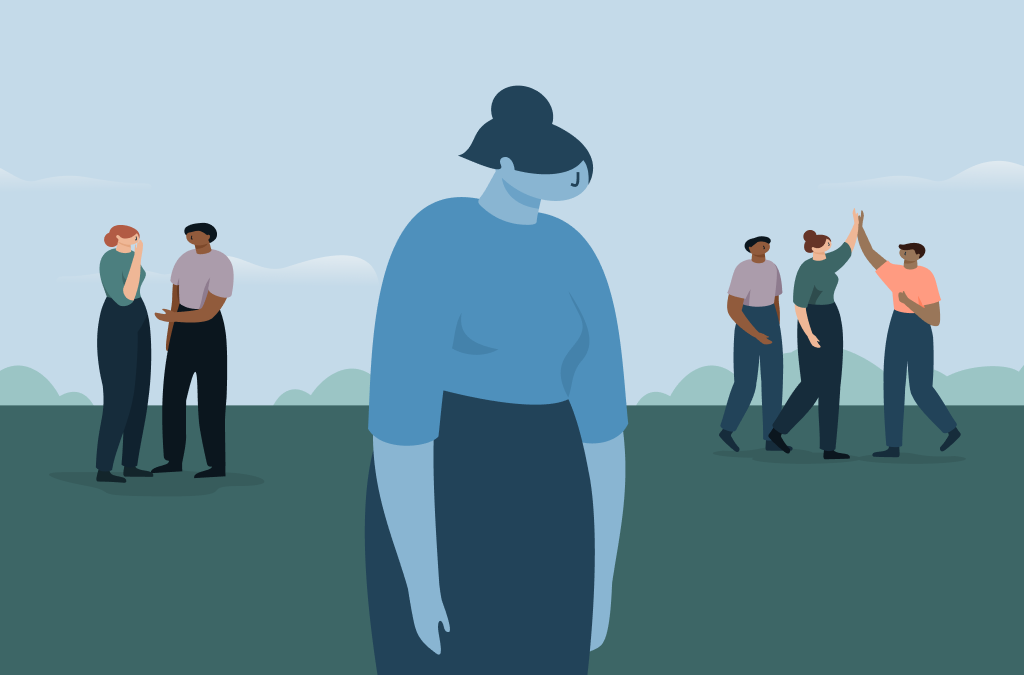
High-Functioning Depression: The Hidden Suffering
When people think of depression, usually intense sadness, low energy, social withdrawal, difficulty getting out of bed, and managing daily life come to mind. But this is not always the case.
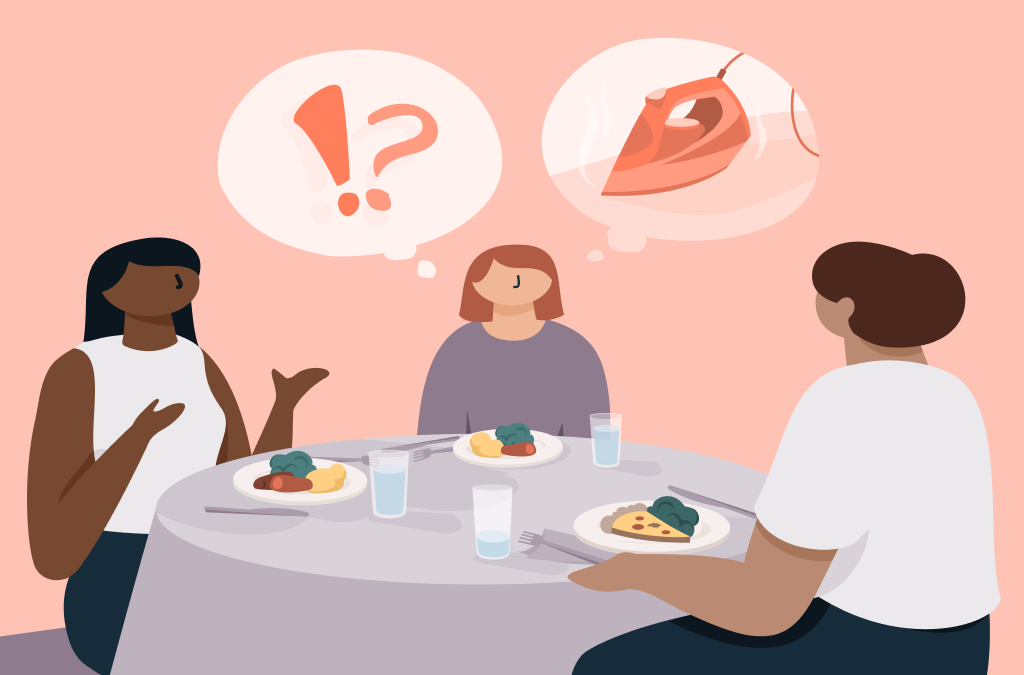
Obsessive-Compulsive Disorder: When Thoughts and Actions Become Torture
In this article, we explore what characterizes such thoughts and behaviors as well as how they can be treated.
